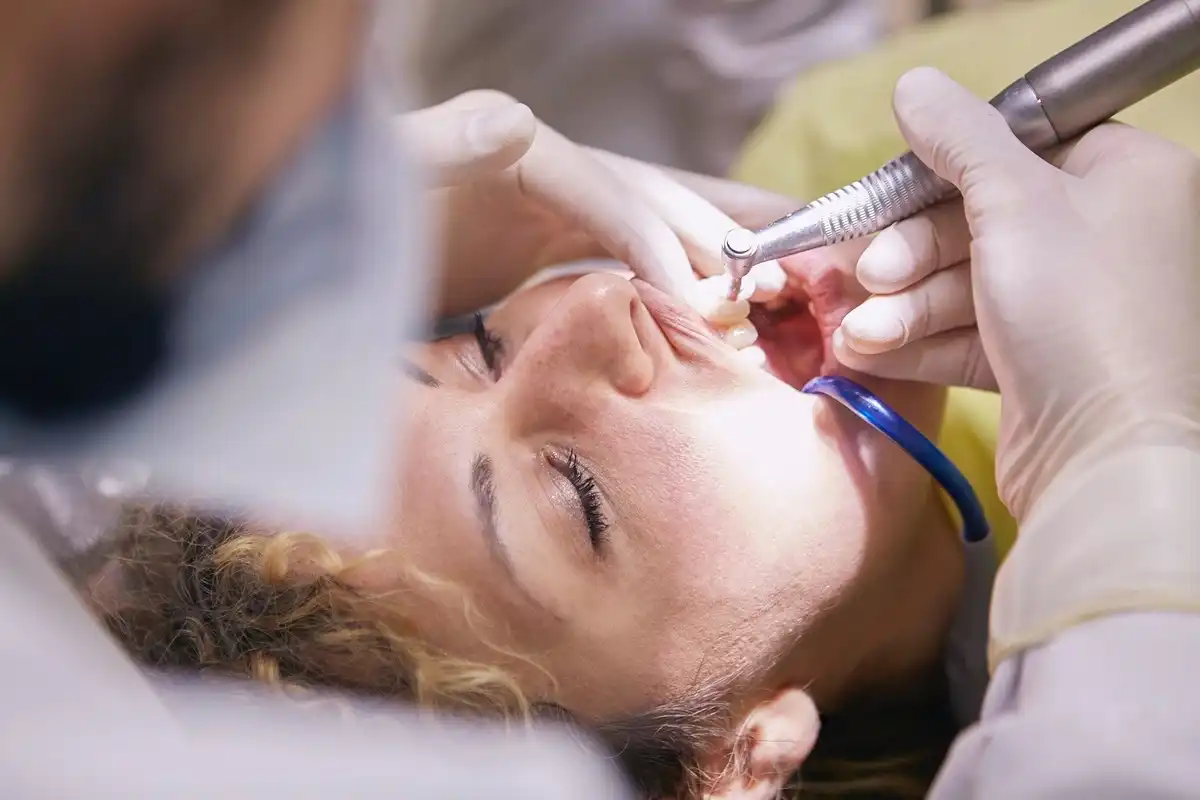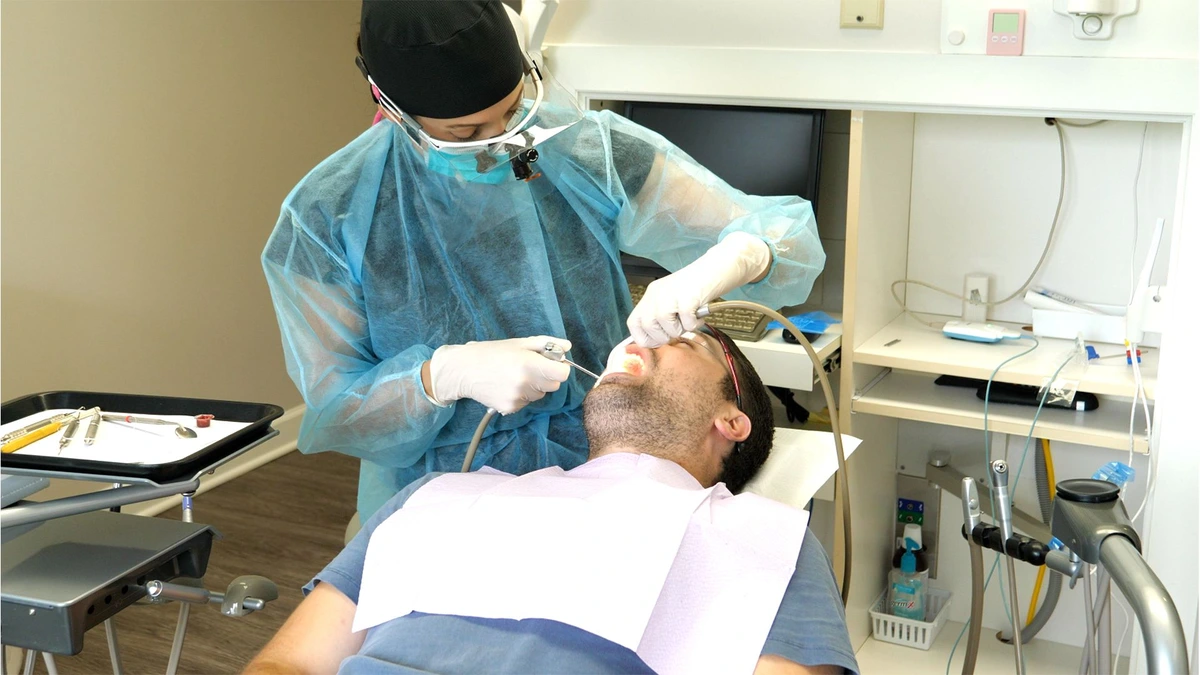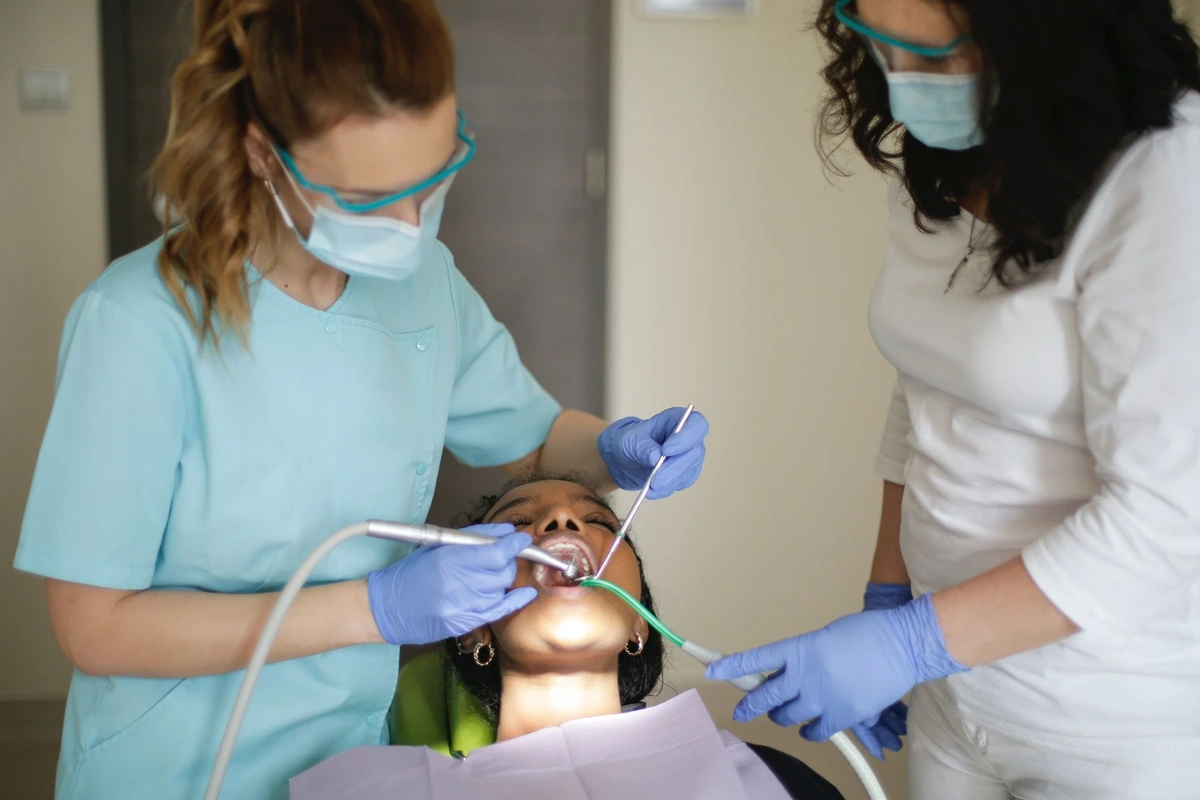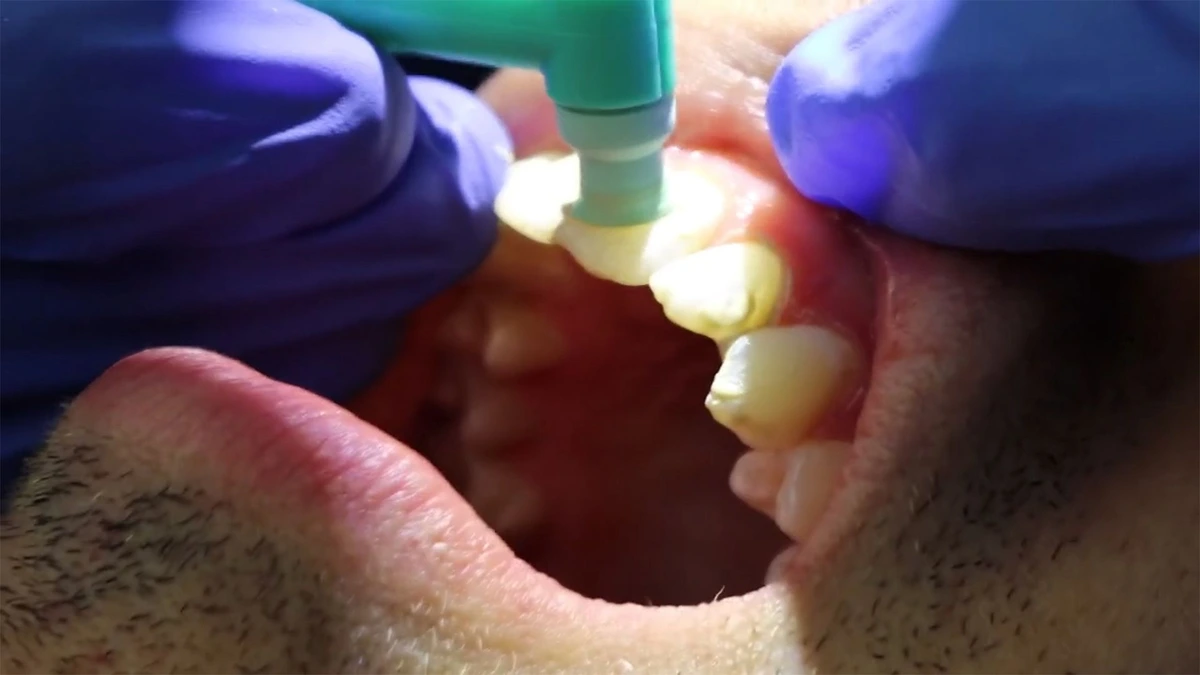Cost for Dentist Without Insurance | No Insurance, No Problem


Going to the dentist without insurance can be really expensive, depending on what dental work your smile needs. And if you do sign up for dental insurance, no waiting period is essential to keep costs low. Maybe health insurance is completely out of the question, and you’re looking for dental assistance programs to fill in the gap. Finding an affordable dentist is easier than you think. Thankfully there are low-cost dental options out there for people who don’t have coverage and qualify.
How To Get Dental Work Done Without Insurance
So, what happens when you do need to go to the dentist without dental insurance? You’re having to do things like:
- Save up in advance
- Use a credit card
- Join a dental savings plan
- Piecemeal treatments
- Prioritize therapies
…or not get care at all. And when that’s the case, dental complications just compound and become more expensive to treat. It’s sad, but it’s true. Not going to the dentist is more expensive than finding a way to get the care your smile needs.
The good news is that there are affordable dental assistance programs out there where you can get quality care at a fraction of the price, without dental insurance.
1) Low-Cost Dental Clinics

Depending on where you live, one of the best dental assistance programs out there is to find a local, low-cost, or free dental clinic.
Here’s a great place to start looking for free or low-cost routine dental care near you without insurance:
Sometimes these clinics are open year round. They may have a waiting list or certain income criteria to meet to register for an appointment. Others may not have any requirements or questions to answer whatsoever.
In fact, it’s not uncommon to find one or two-day dental clinic events where community dentists either open their practice or come together to run a public clinic to provide charity dentistry. Typically, charity dental events tend to be a first-come, first-serve treatment process. You get there early and wait, so patience is essential. And if you’re hoping for a certain type of dental treatment (such as a dental implant or a few porcelain bridges) you might be out of luck. Usually, these free dental clinics will offer just a few basics like dental cleanings and dental exams, tooth extractions, and possibly dentures.
2 ) Government Assistance Programs
Dental assistance programs through the government can vary depending on which state you live in, your income, age, disability status, and other factors (such as children in foster homes.) But sometimes these different types of alternative “dental insurance” (no waiting periods in many cases) will overlap to cover individuals who need to see a dentist without insurance. Here are the most common ones:
Medicare
Medicaid
CHIP
3) Dental Schools

Going to a dental school is one of the best ways to get amazing dental care at a low cost. You don’t even have to qualify for a government or low-cost program. Even if you have dental insurance (no waiting periods) the care you receive at a dental school can still save you money at times.
There is one tradeoff to going to dental schools for treatment, though. It’s time. And for some of us, time is money if we’re having to take off from work. But if you have a few extra hours to sit and want high-quality dental work done—no matter what it is—going to a dental school is an excellent option to think about if you don't have dental insurance.
Save money and find a dental school near you here!
4) Clinical Trials
One thing that not many people think about is the possibility of working with clinical trials to get medical or dental care. Usually, you have to know who is authorized to perform the clinical trial or at least have a familiarity with what’s being offered (so that you can look up dentists near you) to see if you qualify.
Clinical trials in dentistry are similar to the way they work in medicine. You have to fit specific criteria, go to a certain clinic to receive care, and usually undergo a series of different appointments to have your progress monitored.
Depending on the type of clinical trial you’re involved in, some may be placebo types of therapies that actually don’t include some type of actual treatment.
One place where you’ll find a lot of research being done—which includes clinical studies—is at, you guessed it, dental schools.
5) State & Local Resources
Remember, Medicaid and Medicare plans are going to differ from state to state. If you’re considering moving after retirement to be closer to the kids, you are struggling to find a job because of economic shut-downs, or you fit certain criteria, it might be easier to qualify for a local dental assistance program…or it might be more challenging.
Keep in mind that not all dentists accept the same types of dental insurance plans—which also include Medicare and Medicaid—so even if you do have a plan you’re enrolled in, you’ll still need to identify an approved provider in your area who is accepting new patients.
6) Dental Savings Plan & Other Options
If you already have a dentist that you love or have been going to for years, you might ask about a cash discount to reduce dental costs.
If you're facing a dental emergency, please visit a dentist ASAP.
A savings plan to help offset up to 10% to 60% off the costs of dental procedures. Get a discount dental plan here and save!
How much is a dentist visit without insurance?

Dental visit costs without insurance can vary depending on where you live and the type of dental work that you need. We also need to consider the geographical cost of living, the cost of dental visits can depend on things like whether you have dental insurance, you’re paying cash, if you’re a new patient, how many dental cleanings you’re getting a year, and the type of dental treatments.
Here’s a list of common dental procedures and average prices for each dental service cost without insurance.
1. Teeth Cleaning Cost
An adult teeth cleaning usually costs somewhere a little more or less than $100.
With insurance, they are usually $0. Keep in mind that the cost of regular dental cleaning fees does not include other services being performed, such as the dental exams and any necessary X-rays being taken.
2. Dental Filling Cost
For one or two surfaces, tooth-colored composite fillings generally cost $90 to $450 without insurance.
The average price of a silver amalgam filling is cheaper at $50 to $300 without insurance.
Insurance normally covers up to 80% of a dental filling.
3. Wisdom Tooth Removal Cost
A wisdom tooth removal cost without insurance can range anywhere from $250 to $4,000 depending if there's an impacted tooth and needs a surgical extraction.
With dental insurance, you can still plan to pay around $700 out of pocket for wisdom teeth removal.
4. Root Canal Cost
Depending on the tooth, on average root canals are around $800 to $1,600 to treat.
Most insurance plans cover between 50% to 80% of root canal costs.
5. Dental Crown Cost
Depending on the material of the crown and which tooth the crown is placed, without dental insurance, you can expect to pay $800 to 3,400 out of pocket.
With dental insurance you around $500 to $2,000 depending on the type of crown.
6. Dentures Cost
For Mid-quality Dentures, you can pay $300 to $800 with insurance and $500 to $1,500 without dental insurance.
7. Tooth Extraction
If you need a tooth removed (excluding wisdom teeth), you can expect the average cost with insurance to be around $25 to $200.
Without dental insurance, expect to pay $75 to $650 depending on whether if it's a simple extraction or surgical extraction.
8. Traditional Metal Braces
If you don’t have dental insurance, there are affordable ways to cover how much braces cost. The average cost with insurance is around $1,750 to $4,000.
Without dental insurance, braces cost on average $3,000 to $7,500 depending on the type and severity of your case.
Going To The Dentist Without Insurance
As frustrating as it can feel, there are still ways out there to see a dentist if you don’t have dental insurance. No waiting period is just an extra perk! It could actually save you money to pay out of pocket for care compared to enrolling in an insurance plan and maxing out on coverage without getting half of the treatment that you actually need.
Finding affordable dental care is out there if you dig a little. Our dental health and bodies are all interconnected. Caring for your oral health and smile isn’t something superficial. It’s essential to total body wellness!

Make your inbox smile!
Subscribe






